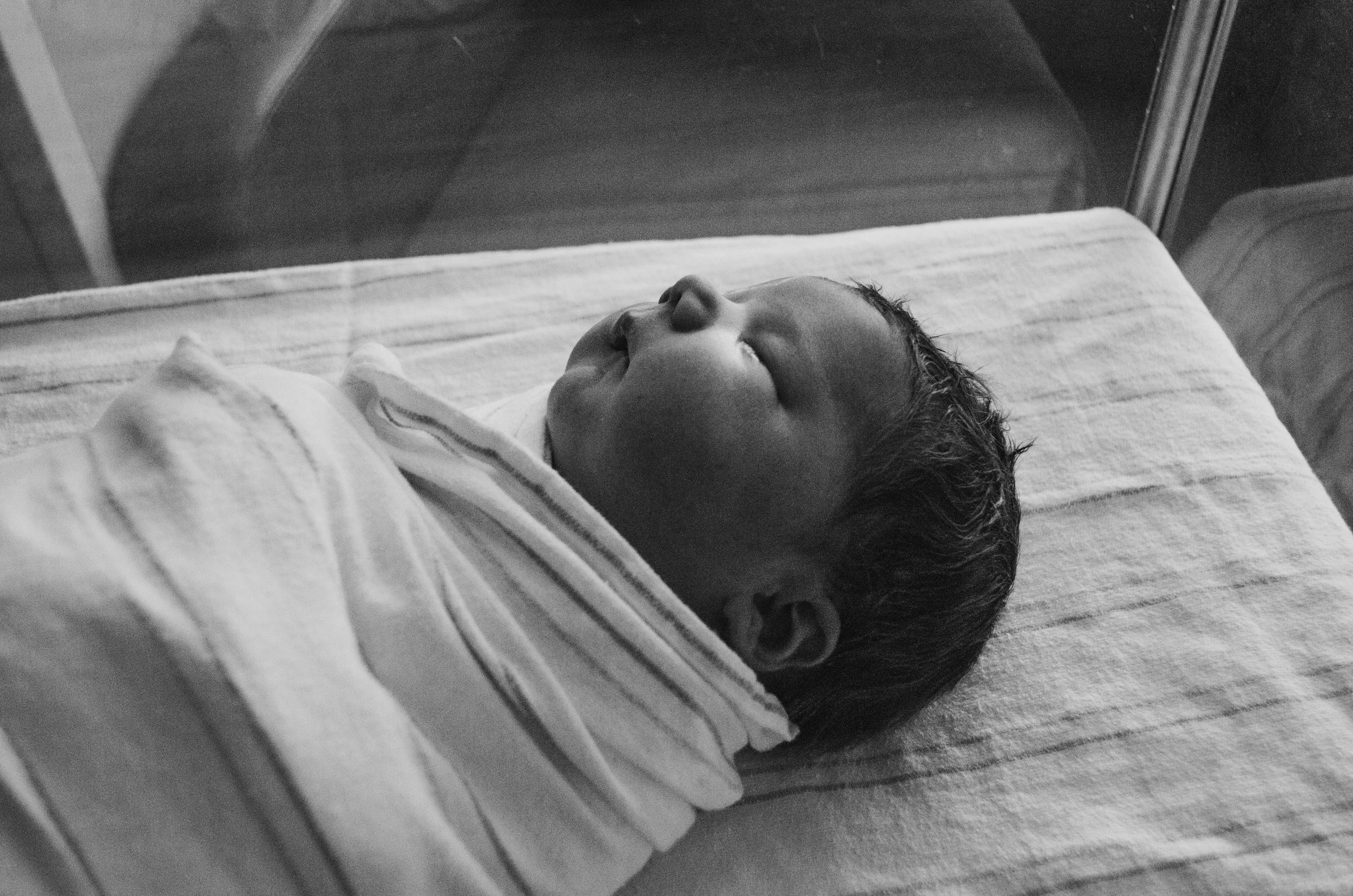How to Bond With Your Baby if Breastfeeding Won't Be an Option
Photo Credit Kelly Sikkema
The messages of ‘breast is best’ are all around. It’s a time when government funding for breastfeeding support is being culled and breastfeeding drop off rates are rising despite 81% of mothers initiating breastfeeding.
And for some women, despite how much they might want to breastfeed, they know that it won’t be an option for them. There are women who can, with the right support and advice and skilled help, become adept at breastfeeding even when it’s challenging or painful. But there are some women for whom physical or health conditions (e.g tuberculosis, post-masectomy, certain medications) mean that breastfeeding is a no-no. And if you’re hearing how important breastfeeding is, but you’re not going to be able to do it, then how are you meant to feel?
Breastfeeding is a hugely emotive topic. Despite there being a common retort that ’fed is best’, it’s important to hold the space for all the feelings that come up. If a woman is feeling heartbroken that she won’t get to have something deeply connecting with her body, give her space for the hurt. Don’t gaslight it with the ‘fed is best’ motto, in the same way that ‘a healthy baby is all that matters’ is often broadcast about traumatic births. Connect with the feelings through talking, or grieving or self-expression such as journalling.
If there’s a belief that breastfeeding is part of being a woman, ergo not breastfeeding makes you a lesser woman, then it’s something to have to unpick. At a time in life when day brings huge changes, there’s a lack of space to really face and accept the situation and the feelings become stuck. At some point the feelings catch up so it’s worth trying to address them whenever it feels right to.
In one hand we can hold the fact that there may be grief associated with not being able to breastfeeding. In the other hand we can open the conversation to make the best of an upsetting situation and find other ways to connect with the baby. In osteopathy, there’s a philosophy of finding health inside of looking for disease. It’s akin to the abundance instead of scarcity mindset.
Here are some other ways of bonding that aren’t to do with breastfeeding.
1- Bond through eye gazing. In any loving relationship, eye gazing releases oxytocin, the hormone of bonding and connection. So cradle your baby or lie back with your baby on your chest and soak up the eye contact. You can do this for extended periods of time when it feels right to, or make the most of moments in the day when your baby is most aware and engaged.
2- Touch. Skin to skin is not just for the early hours after birth. You can use skin to skin as a bonding tool as often as you like. It’s the most natural thing in the world to hold, to touch, to stroke, to caress.
3- Bath together. This is a shared experience that also incorporates eye gazing and touch. I often recommend this to dads when they have to go back to work after paternity leave.
4- Talk and Sing - Whilst 70% of communication is non-verbal, chatting to and singing to your baby are ways of creating calm and connection. Even the most tone-deaf person will sound soothing to their baby!

